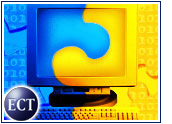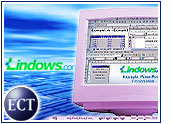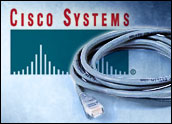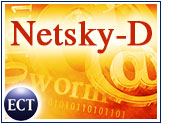
For many years, Microsoft and Hewlett-Packard have collaborated to make their products work together. Recently, for example, Microsoft chose HP ProLiant Servers as the development platform for Windows Server 2003 and the bulk of Microsoft’s enterprise applications.
In addition, HP has boasted that it is the only Worldwide Prime Integrator of Microsoft technologies. Such statements suggest that the two companies’ symbiosis runs deep and greatly benefits both parties.
The real question is, how valuable is the partnership for each company — and how will the relationship weather such hurdles as the ascent of Linux?
In the Beginning
Andrew Efstathiou, program manager of technology management strategies at the Yankee Group, told the E-Commerce Times that to really understand the partnership between Microsoft and HP, one must consider the component companies from which the present-day HP originated.
The new HP, of course, arose from last year’s merger with Compaq, which itself had acquired Digital Equipment Corporation (DEC) four years earlier. Because each of those companies had distinctly different lines of business, each emphasized different aspects of — and had different goals for — its Microsoft partnership, Efstathiou said.
DEC’s relationship with Microsoft revolved around what is now seen as the server industry and services related to this industry. At a time when Lotus was dominant, DEC installed Microsoft Exchange on its customers’ mainframes and mid-range servers. As a result, a huge part of HP’s present-day e-mail and communications strategy is based on Microsoft applications.
Similarly, Compaq’s desktops, laptops and iPaq PDAs ran on Microsoft Windows, so the company developed a deep and broad relationship with Microsoft in terms of desktop management and distributed device outsourcing.
The Odd Couple?
Efstathiou noted that last year’s merger between HP and Compaq strengthened the combined company’s Microsoft ties. In developing its road map to consolidate overlapping product lines, the new HP has worked closely with the software giant to ensure that its offerings are closely aligned with Microsoft applications.
On the other hand, Forrester analyst Rob Enderle told the E-Commerce Times that Microsoft and HP are not joined at the hip. In fact, their relationship more closely resembles a roommate arrangement than a marriage.
“There are things they like about each other, things that annoy them and a substantial amount of misunderstanding involved, but they know they have to live with each other for financial reasons,” Enderle said.
He explained that Microsoft needs HP in order to command a large percentage of the software market, while HP needs Microsoft in order to hold off Dell.
The Linux Wedge
Despite this state of mutual dependency, Efstathiou said that HP’s growing infatuation with Linux could drive a wedge into its relationship with the software giant, especially if Linux initiatives take off in the future.
However, GartnerG2 principal analyst Todd Kort told the E-Commerce Times that he does not expect to see major changes in the way Microsoft and HP do business.
“Everybody realizes that Microsoft is the mainstream [OS] and will continue to be the mainstream for several years to come,” Kort said. “Linux on the desktop is a long way from becoming a prominent platform.”
Meanwhile, Enderle noted that although Microsoft may not look favorably upon HP’s moves toward Linux and open source, the Microsoft .NET platform may end up bringing the two companies even closer together.
In terms of bottom-line potential, he said, “.NET, if it’s successful, could exceed the potential of open source.”


























































Social Media
See all Social Media